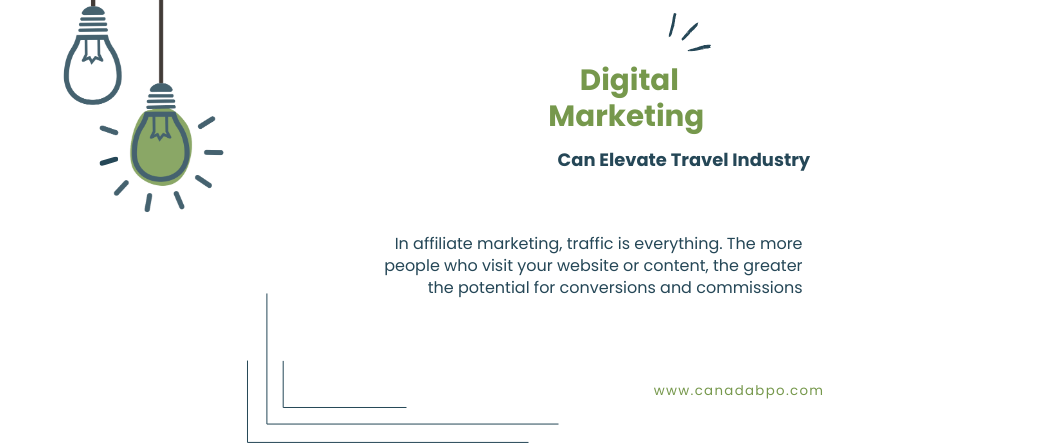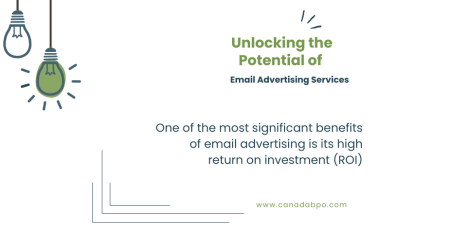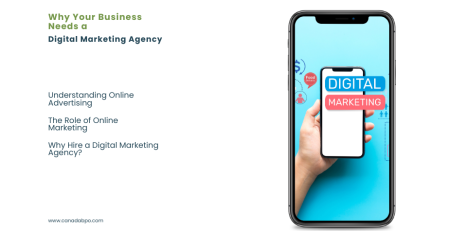As the travel industry evolves in the digital age, businesses and content creators are increasingly turning to affiliate marketing travel strategies to generate revenue and expand their reach. With affiliate marketing, travel companies can partner with influencers, bloggers, and other content creators who promote travel-related products or services in exchange for commissions on sales or leads.
To succeed in this competitive space, travel businesses need a strong digital marketing strategy to optimize their affiliate marketing efforts. In this blog, we will explore how digital marketing services can help elevate affiliate marketing travel campaigns, driving more traffic, boosting conversions, and creating long-term growth.
1. Leverage SEO to Attract Targeted Traffic
In affiliate marketing, traffic is everything. The more people who visit your website or content, the greater the potential for conversions and commissions. Search engine optimization (SEO) plays a crucial role in driving organic traffic to affiliate marketing travel websites. By targeting high-ranking keywords like “best travel deals,” “luxury travel experiences,” or “affordable vacation packages,” travel businesses can rank higher on search engine results pages (SERPs), attracting potential customers.
A well-optimized website featuring content related to popular destinations, travel tips, hotel recommendations, or exclusive travel deals can draw in travelers who are actively searching for services. For affiliate marketers, this could mean higher conversion rates and more commissions from partners. Digital marketing services specialize in researching high-value keywords, optimizing on-page elements, and building quality backlinks to boost website visibility.
Additionally, content creators in the affiliate marketing travel niche can benefit from SEO-focused strategies by using destination-specific keywords and writing blog posts or reviews that answer common travel-related questions. This helps rank higher in search results and brings in a more engaged audience.
2. Maximize Reach with Paid Advertising
While SEO provides long-term growth through organic traffic, paid advertising such as Pay-Per-Click (PPC) campaigns can provide immediate results for affiliate marketing in the travel industry. Platforms like Google Ads, Facebook Ads, and Instagram Ads allow businesses to reach targeted audiences quickly, driving more traffic to affiliate content and offers.
For example, travel companies can run Google Ads targeting specific travel keywords like “last-minute flight deals” or “all-inclusive resort packages.” These ads appear at the top of search results, increasing visibility and driving users to affiliate pages. Social media ads on platforms like Instagram and Facebook can promote specific travel destinations, hotel partnerships, or exclusive deals, directly leading to affiliate conversions.
Digital marketing services can design and manage these PPC campaigns to ensure cost-effective results. With precise targeting, data analysis, and ad optimization, travel companies can maximize ROI from their affiliate marketing efforts.
3. Engage Travelers with Content Marketing
Content marketing is at the heart of affiliate marketing, especially in the travel industry. Travelers are constantly searching for information about their next destination, looking for hotel reviews, flight deals, or tips for planning their trip. Creating engaging, informative content around these topics can attract an audience and lead them to affiliate links, where they can make bookings or purchases.
For example, affiliate marketers can create blog posts like “Top 10 Budget Travel Destinations” or “Best Luxury Hotels in Europe,” embedding affiliate links within the content. When readers click on these links to book a flight, hotel, or tour, the affiliate earns a commission.
Digital marketing services can help develop a content marketing strategy that focuses on producing high-quality blog posts, videos, and guides tailored to travel enthusiasts. Whether it’s curating destination-specific travel guides or publishing in-depth reviews of popular travel services, digital marketing professionals ensure that the content is optimized for both SEO and user engagement.
Video content, in particular, plays a crucial role in influencing travel decisions. By creating captivating travel vlogs or virtual tours, affiliate marketers can showcase destinations and services while embedding affiliate links to encourage bookings.
4. Utilize Social Media to Drive Affiliate Conversions
Social media is an essential tool for affiliate marketing in the travel sector, as platforms like Instagram, Pinterest, and TikTok are highly visual and perfect for showcasing travel destinations, experiences, and services. Travel influencers and bloggers often use these platforms to share beautiful photos, videos, and stories that inspire their followers to book trips through their affiliate links.
For example, Instagram influencers can post stunning images of exotic destinations, tagging airlines, hotels, or travel agencies as part of their affiliate marketing agreements. Pinterest is another effective platform where travel affiliates can create boards with “Best Vacation Ideas” or “Travel Packing Tips,” with affiliate links embedded in the pins.
Digital marketing services can help affiliate marketers create and manage their social media presence, crafting posts, stories, and ads that resonate with the target audience. Additionally, paid social media campaigns can amplify reach, ensuring that travel brands and affiliates connect with larger audiences and drive more conversions.
5. Build Trust with Email Marketing Campaigns
Email marketing is an effective way to nurture relationships with potential customers and keep them engaged with affiliate marketing travel offers. By sending regular newsletters featuring exclusive travel deals, destination recommendations, and travel tips, affiliate marketers can build trust with their audience and encourage bookings through affiliate links.
For instance, an affiliate email campaign could feature a special promotion for discounted flights or vacation packages, with clear calls-to-action leading recipients to affiliate websites or booking platforms. Automated email sequences can also remind potential customers of ongoing travel deals or offer personalized suggestions based on their previous searches or interactions.
Digital marketing services can set up and manage targeted email marketing campaigns, segmenting the audience to deliver the right content to the right subscribers. With personalized email campaigns, travel affiliates can maintain long-term engagement and consistently drive affiliate conversions.
6. Monitor and Optimize Performance with Analytics
Data-driven insights are crucial for maximizing the success of affiliate marketing travel campaigns. Digital marketing services can provide advanced analytics tools that track key performance metrics, such as website traffic, click-through rates (CTR), and conversion rates from affiliate links.
For example, if certain blog posts or social media ads are generating significant traffic but not leading to conversions, digital marketing professionals can analyze the data and optimize the content or links to improve performance. Regular tracking and reporting allow affiliates to fine-tune their marketing strategies and focus on what’s working, leading to higher commissions and revenue.
In the competitive world of affiliate marketing travel, digital marketing services provide the expertise and tools needed to succeed. By leveraging SEO, paid advertising, content marketing, social media, and email campaigns, travel businesses and affiliates can attract more customers, increase conversions, and drive long-term growth.
With the right digital marketing strategy in place, affiliate marketers in the travel industry can unlock new revenue streams, reach wider audiences, and capitalize on the growing demand for travel experiences.










